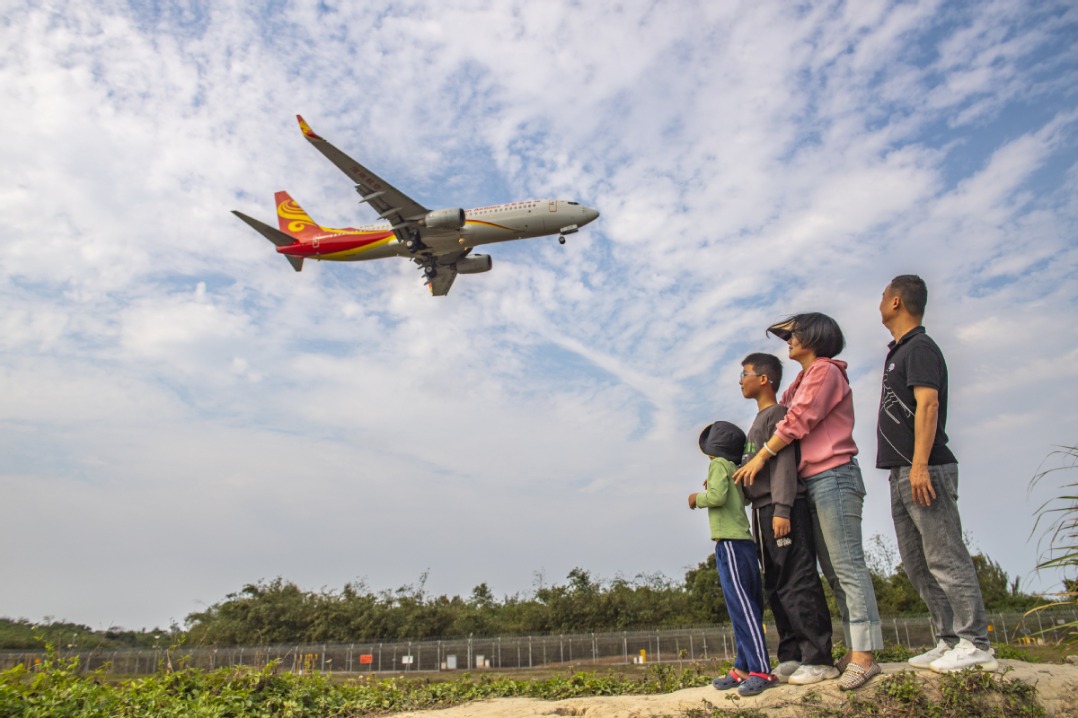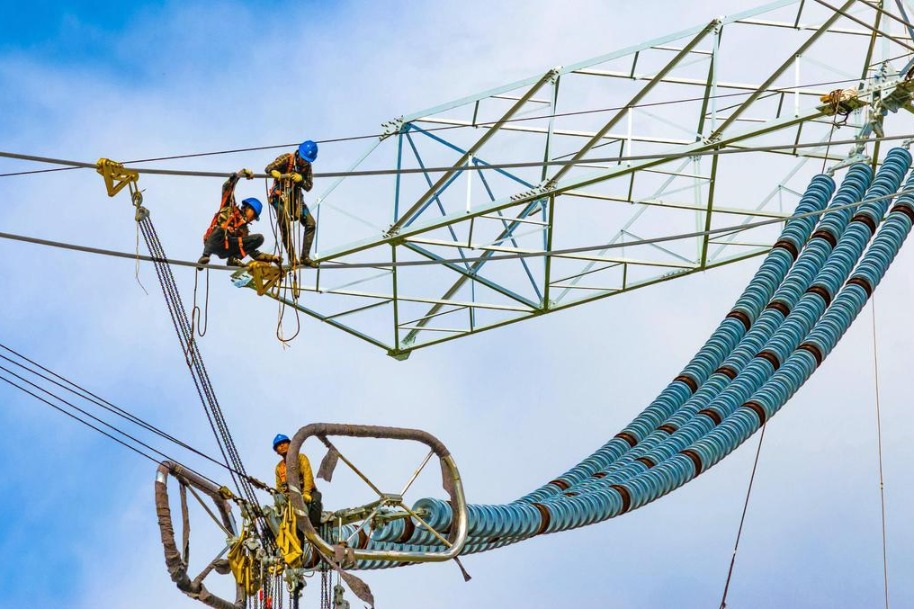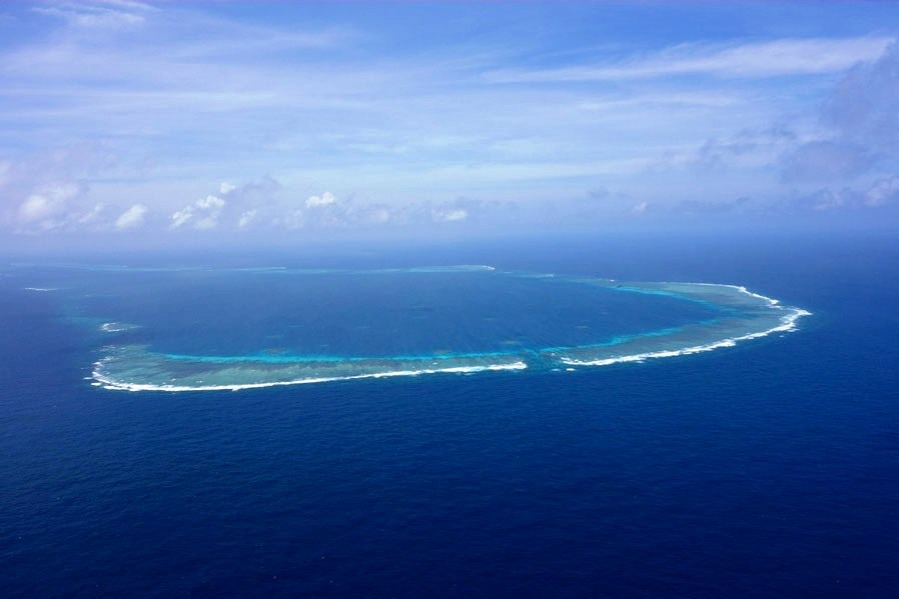Lai's secessionist provocations will only strengthen reunification bid: China Daily editorial


The United Nations' unequivocal demonstration of its stance on the one-China principle on Thursday dealt a heavy blow to not only the new secessionist-minded Taiwan administration head Lai Ching-te but also those "allies" Lai is counting on to help the island obtain membership of UN organizations.
In response to questions on rising tensions across the Taiwan Strait on Thursday, Stéphane Dujarric, spokesman for the UN secretary-general, said, "on the issue of China, we are guided by the General Assembly resolution of 1971". When asked what he means by that, he said "it means in terms of our standing on Taiwan as a province of China".
All the countermeasures the Chinese mainland has taken against the provocations in Lai's inaugural speech, including the military drills around the island and the sanctions against US companies selling arms to Taiwan, are justified according to international law, and necessary to safeguard the nation's sovereignty and territorial integrity. Beijing has made it crystal clear that it will continue to unite Taiwan compatriots, promote the peaceful and integrated development of cross-Strait relations, and advance the great cause of national reunification.
Taiwan compatriots are aware of the falsities Lai peppered his speech with and the self-contradictory yarn he spun. Although he called for resuming cross-Strait talks, repairing cross-Strait economic ties, and promoting exchanges between compatriots on both sides, he indicated that it could happen only with Taiwan as a "sovereign state", and that all its interactions with the mainland can only be carried out on an equal footing following "reciprocal" principles.
The "pro-peace" and "pro-cooperation" veneer with which Lai covered his "pro-independence" position only serves to expose his hypocrisy. He took advantage of the speech to try and define cross-Strait ties as "interstate" relations, exposing his intent as a radical secessionist.
Had Lai cared about cross-Strait economic ties and exchanges between compatriots on both sides, he would not have tried to incite Taiwan residents to counter the mainland from a "position of strength" because of the island's so-called high-tech "strengths", economic "advantages", security "muscles", value "superiority" and "ally" network. And cunningly, he also projected the island as a victim of "bullying, coercion and threat".
Lai should be reminded that it was the Democratic Progressive Party, headed by his predecessor, Tsai Ing-wen, that joined Washington's high-tech war against Beijing. And it was the Tsai administration again that blocked cross-Strait cultural and educational cooperation, in order to prove its loyalty to Washington, and take forward the latter's mainland-containment strategy.
However, no matter how hard Lai tries to close ranks with the US and its allies, he cannot change the fact that Taiwan is an inalienable part of China. Nor can he prevent the eventual reunification of the island with the motherland.
And all his "pro-independence" provocations will be met with concrete progress toward national reunification.


































